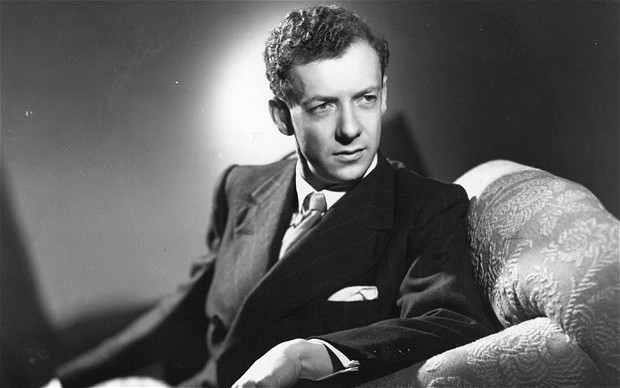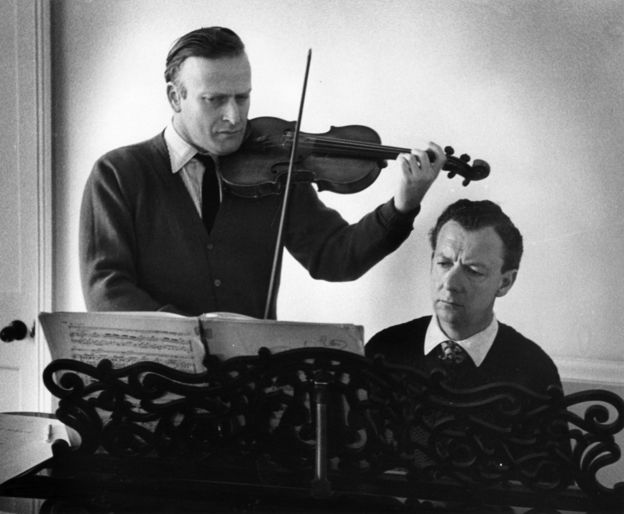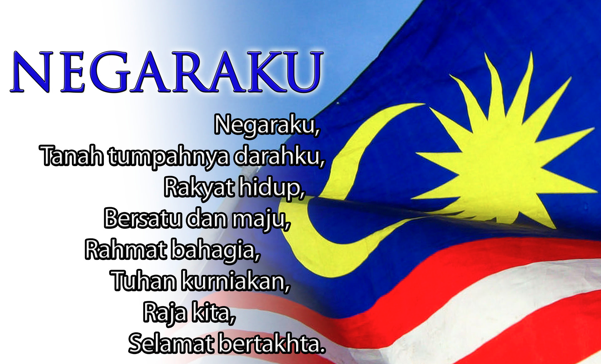This Song Written By One Of Britain’s Greatest Composers Could’ve Been Our National Anthem
Desperate for an anthem, the Malaysian government approached English composer Benjamin Britten for help but Britten's song was rejected in the end in favour of 'Negaraku'.
In an exclusive report by BBC, it was revealed that Malaysia had once commissioned Benjamin Britten - a central figure of 20th-century British classical music - to compose a tune for the country’s national anthem, only to reject it in favour of a cabaret tune
Back in the 1950s, Malaysia came very close to adopting an anthem by one of the most important composers of the 20th Century - a man whose name alone might have made the anthem as famous la Marseillaise (French national anthem) or the Star-Spangled Banner (US' national anthem).
In June 1957 the Malaysian government was desperate for an anthem. It was to become independent from Britain in less than two months and it still didn't have a song - or, for that matter, a flag. It had trawled folk songs, but found nothing suitable. It had held a global competition, receiving more than 500 entries, but rejected them all. Britten was the last roll of the dice.
The government approached several other well-known composers - notably William Walton, known for his coronation marches - but none of them took up the offer.
This information came from Alex Marshall, author of a new book on the history of anthems.
Upon the Malaysian government’s request, Britten took on the task of composing a national anthem for Malaysia’s upcoming independence day, which he described as “a frightful job”
Britten struggled for two days to write something suitable, sketching one tune after another, but dumped them all, writing to the violinist Yehudi Menuhin that it was "a frightful job".
What he eventually produced was, by his own admission, "a curious & I'm afraid rather unsuccessful job".
However, the Malaysian government sent the piece back to Britten a few weeks later as they felt that the song did not sound Malaysian enough. Along with the manuscript, they included several tapes of folk music with the hope that he will incorporate some of the melodies.
Britten obliged, even though he thought the tapes featured some of "the oddest noises" he had ever heard, as well as some appalling "mock-Western light music".
Mysteriously, the Malaysian government rejected the song without any given reason, and the piece simply disappeared from memory. It is believed that Malaysia might have realised the irony of having a national anthem composed by an Englishman, seeing as the country was gaining independence from Britain.
The song has only been played publicly once - in 2007, at a London concert to celebrate 50 years of Malaysian independence. The score has never been published; Alex Marshall obtained the sheet music directly from the Britten-Pears Foundation.
Britten himself told his publisher that though he was "infuriated" he was "not surprised" by the decision. "I was too much in the dark over the whole matter to be able to please them," he wrote.
Mervyn Cooke of the University of Nottingham, a leading Britten scholar who has written about the composer's relationship with Asia guesses that Malaysia's rejection of the score had nothing to do with the anthem's quality, or slightly pensive sound.
"The most likely reason is that on the momentous occasion of their independence from Britain, they felt it would be entirely inappropriate to have an anthem composed by an Englishman," he suggests.
Over the last decade, our national anthem - ‘Negaraku’ - has been embroiled in some controversy as people questioned the origin of the song
History has it that the 'Negaraku' was adapted from the state anthem of Perak, which had a similar melody to the keroncong-influenced 'Terang Bulan', a popular song in the 1930s in Indonesia and Malaya.
It was also a familiar tune in the island of Mahe in the Seychelles where a former Perak Sultan lived in exile. A French band used to play the tune when it performed on the island.
There is, however, no record of the exact origin of the melody.
Meanwhile, it was also speculated that the national anthem is a copy of a Hawaiian song called 'Mamula Moon'.



